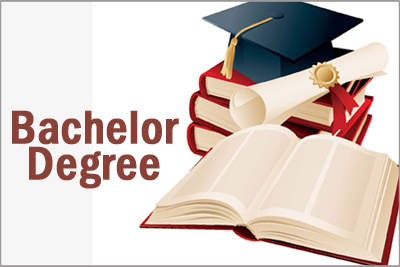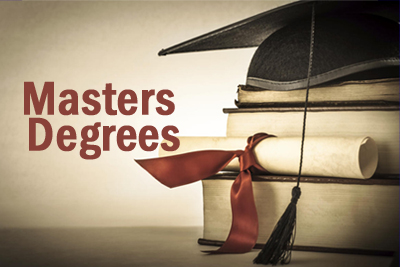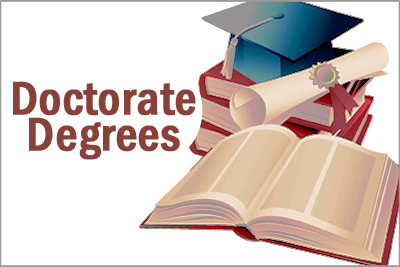The college of Humanities and Social Sciences hosted three conferences during the research week such as 2nd Annual Nairobi International Multidisciplinary Conference, Value-Creating Education and Critical Thinking in a Global Word and 2nd Annual Conference on the Status of African Women. The conferences provided an opportunity for researchers to present their papers and findings.
On the 2nd Annual Nairobi Multidisciplinary Conference, the theme was on research, innovation and technology for development in Africa. The focus was on Diversity of Africa’s natural, cultural and human resources in Innovation and Technology, Changing technological, social, economic, cultural and political landscapes, African epistemologies and indigenous knowledge in Research, Innovation and Technology, Research, Innovation, Technology to avert Terrorism and insecurity in Africa, Application of Research, Innovation and Technology in solving legal problems in Africa, BlockChain Technology in the African Business Landscape, Diplomacy and International Relations research in African Development, The African culture in Fine Arts: Innovation and Technological orientation, Innovation and Technology in Strategic Thinking and Leadership in Africa and Role of African Women in Technology and innovation and Innovative ideas and Technology in the management of diversity of religion in Africa.
On the 2nd Annual Conference on the status of African Women, the theme was on African Women’s Journey: Taking Stock. The conference brought together scholars involved in research in areas such as; gender issues, policy and practice, women’s socio-economic empowerment; women, politics, leadership and governance as well as documenting and preserving African women’s knowledge and experiences. The conference provided an opportunity for networking among scholars from various backgrounds and enabled participants to share practical solutions for achieving gender equality both at local, national and regional levels in order to achieve the gender equality and equity. The focus was on Women and politics - representation; women & political parties; election violence, Women and Socio-economic empowerment - Education, Culture change, Agriculture, Food security, Entrepreneurship, Women and health - Maternal health care, African Women and Sexuality, Universal health care, Legal systems and women’s empowerment - The constitution, Legal frameworks, African legal systems, Women and environment - Climate change, Environmental Health, Soil, air, and water pollution, Eco-feminism and Role of indigenous knowledge and Women and technology - Women and ICT, Food and technology, Technology and health.
On the Value-Creating Education and Critical Thinking, the focus was on the literature, Literature is broader than written works with superior or lasting artistic merit. It has a deductive role to play in society. The novels and books generated from literature are not just any other manuals but items that create value in any education system.
Daisaku Ikeda, a Japanese philosopher, once said that "Persons merely excelling in such areas [as book learning and technology] are nothing more than parts of a colossal mechanism of the state and society. Truly desirable people of ability are creative people who untiringly pursue lofty ideals, who have rich individuality and who can make free and effective use of their knowledge and skills”.
The philosophy behind this statement formed the basis of today’s two broad themes - Value-Creating Education for Sustainable Development and Critical Thinking in a Global World. These two themes were the main topics of discussion at the Department of Literature’s conference in Research Week 2019.
This year’s conference had a total of 110 papers that were submitted and presented by scholars from diverse regions of the world. During the conference, the attendees had an opportunity to engage in healthy debates touching on issues to do with critical thinking and value-creating education.
From the deliberations, it was clear that the world is undergoing a period during which human activity has been the dominant-negative influence on climate change and the environment. This period is also known as Anthropocene.
In offering a solution, literature and the performing arts, which are related to literature, can serve as the best agent of change from negative attitudes. They can do this by replacing the negative habits with a new positive attitude. This can be done by not only responding to desirable role models but also rejecting socially maladjusted anti-heroes who are spurned by the community. Performing arts are a carrier of values and consequently, education is a basis of holistic success in any human being. Values are to be put to practice for one to be a successful individual.
By conducting annual Research Weeks, the University of Nairobi continues to cultivate a research-based approach to developing and solving problems affecting the society. Such activities are critical in improving a student’s understanding of his or her professional and policy context, organizationally, locally and nationally. The students gain critical thinking skills. The guest of honour in today’s congress was Dr Manu Chandaria. Literature is broader than written works with superior or lasting artistic merit. It has a deductive role to play in society. The novels and books generated from literature are not just any other manuals but items that create value in any education system.
Daisaku Ikeda, a Japanese philosopher, once said that "Persons merely excelling in such areas [as book learning and technology] are nothing more than parts of a colossal mechanism of the state and society. Truly desirable people of ability are creative people who untiringly pursue lofty ideals, who have rich individuality and who can make free and effective use of their knowledge and skills”.
By conducting annual Research Weeks, the University of Nairobi continues to cultivate a research-based approach to developing and solving problems affecting the society. Such activities are critical in improving a student’s understanding of his or her professional and policy context, organizationally, locally and nationally. The students gain critical thinking skills. The guest of honour in today’s congress was Dr Manu Chandaria.
On the closing remarks, the Deputy Principal Prof. K'obonyo thanked all the participants who attended the conference he noted that there is an open space for everyone to get any information via the cloud computing applications. Do research wherever you are. Business must research to know the trends.




